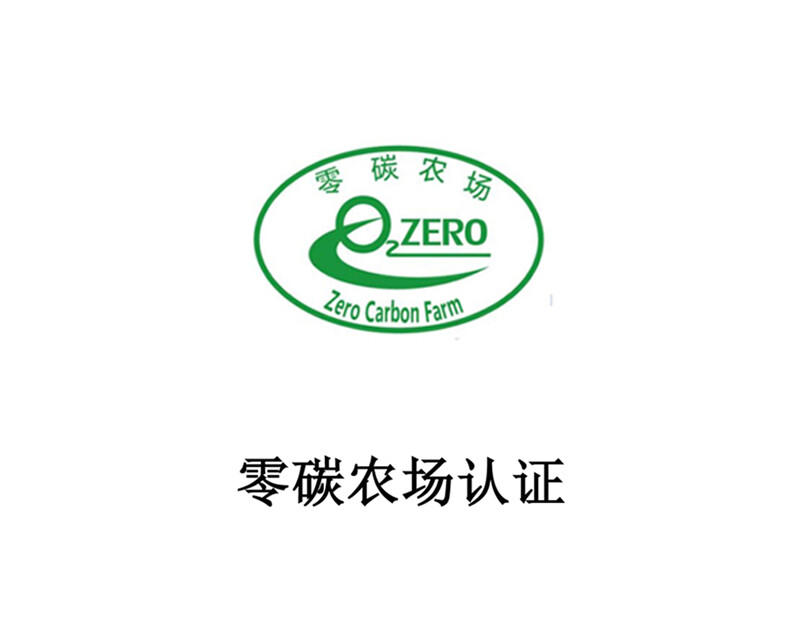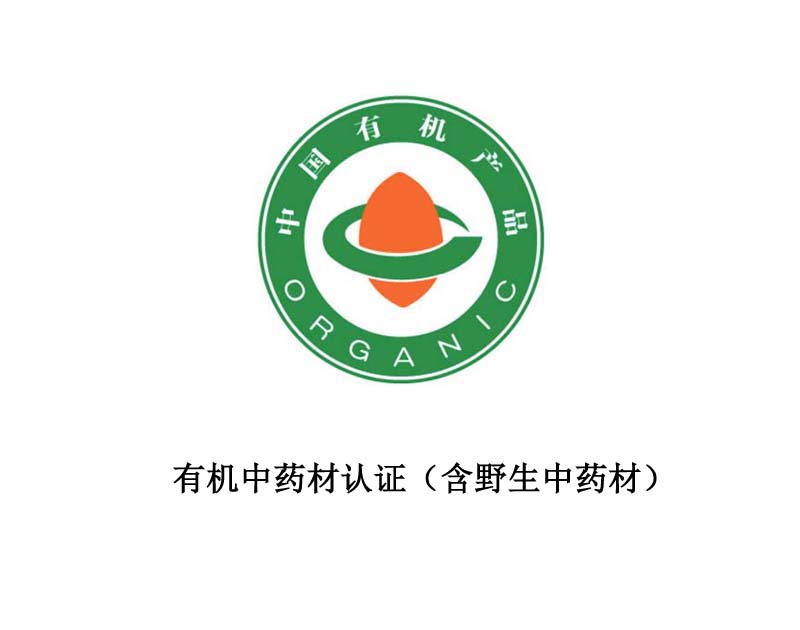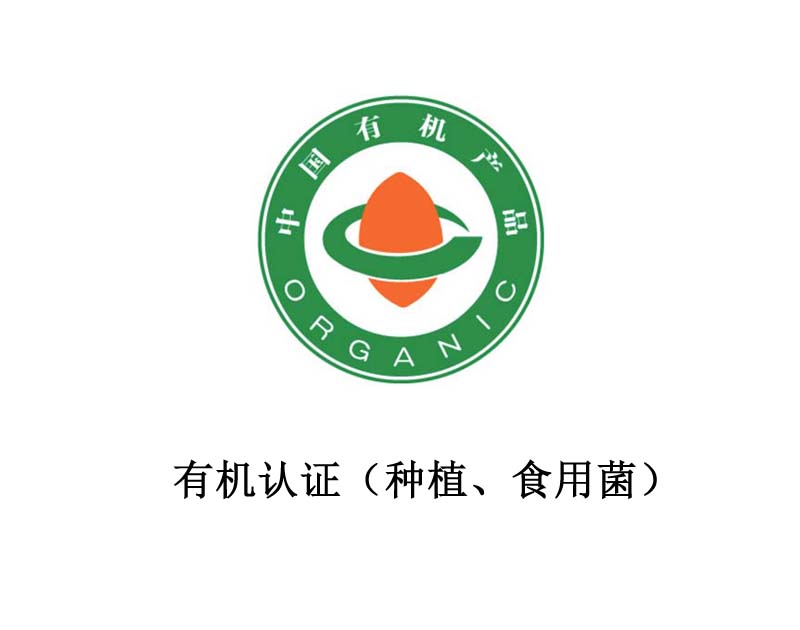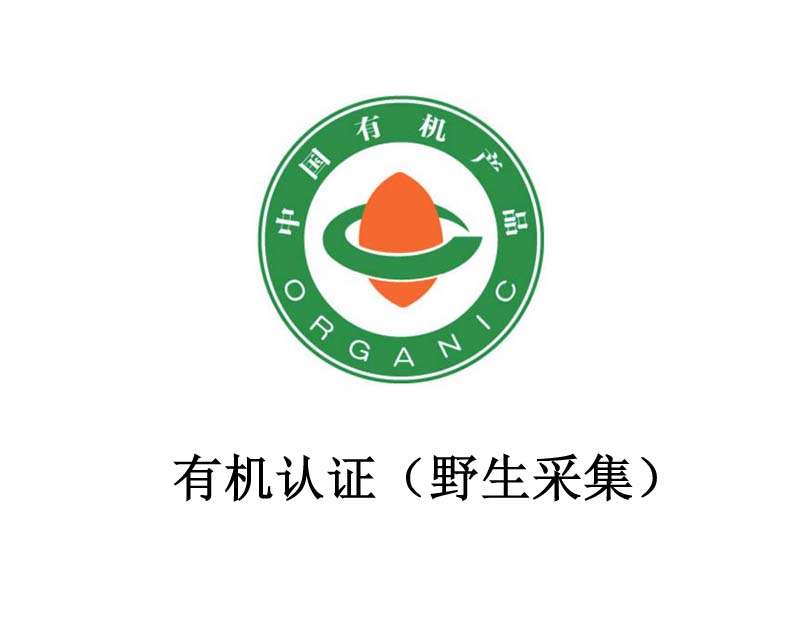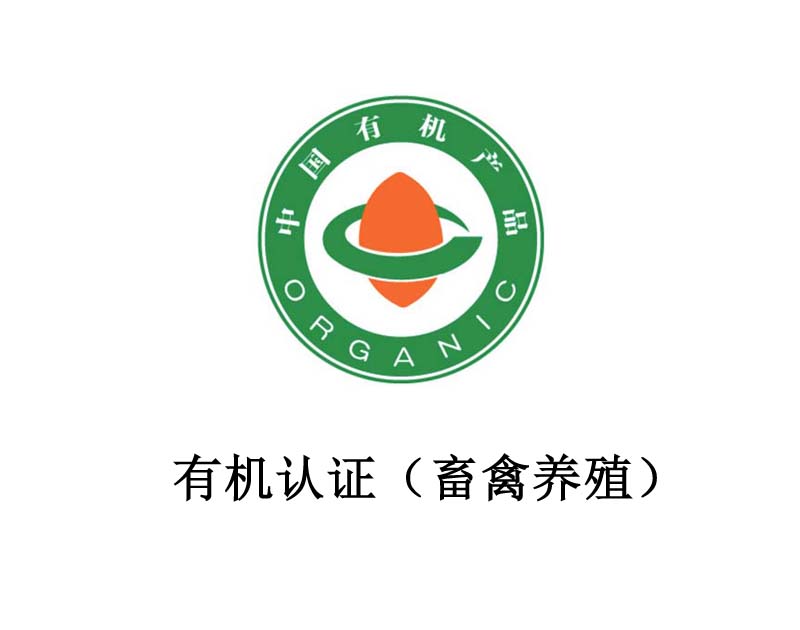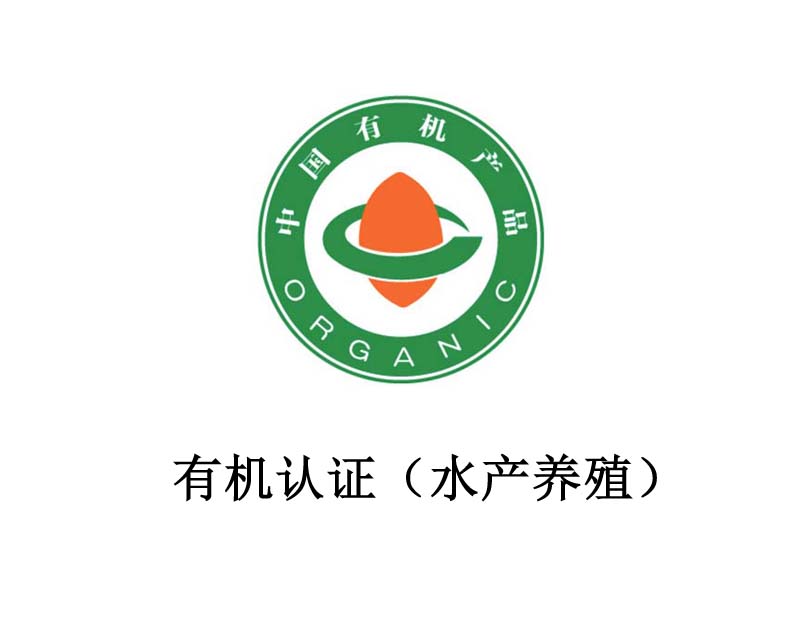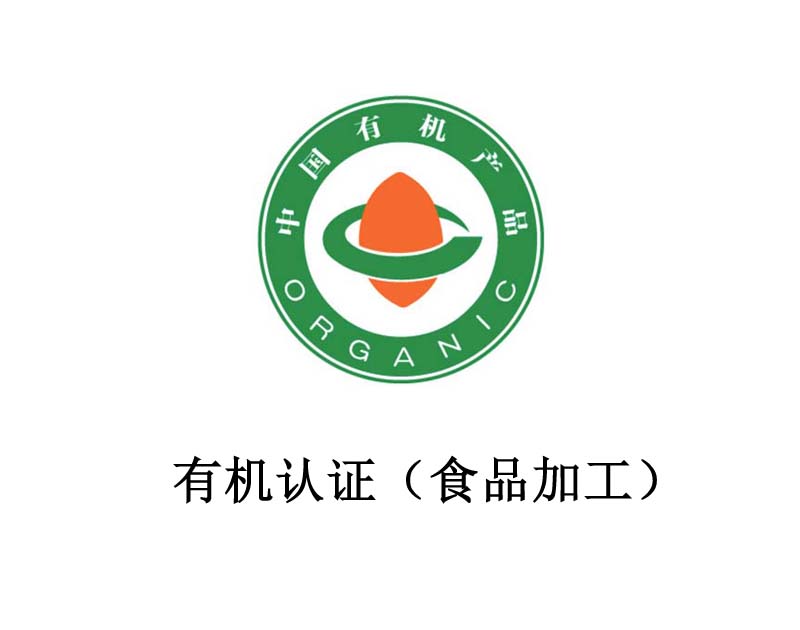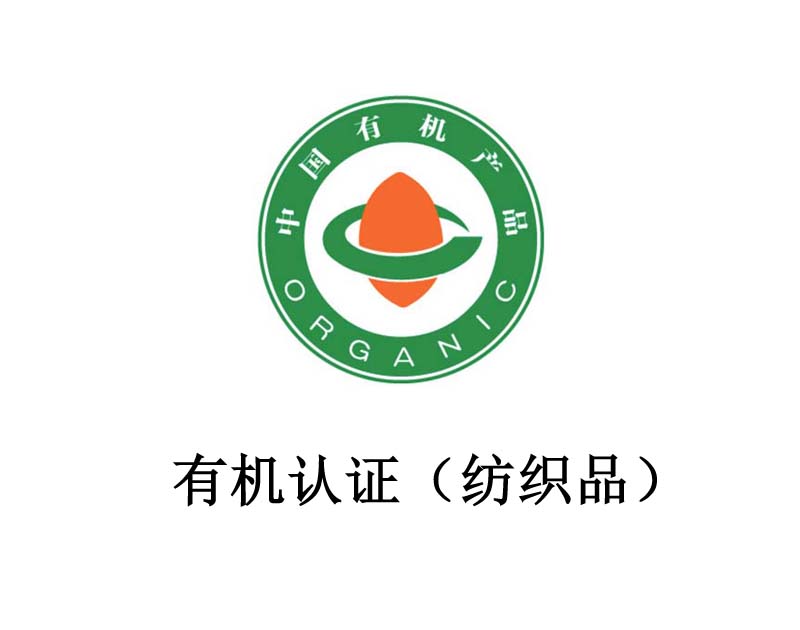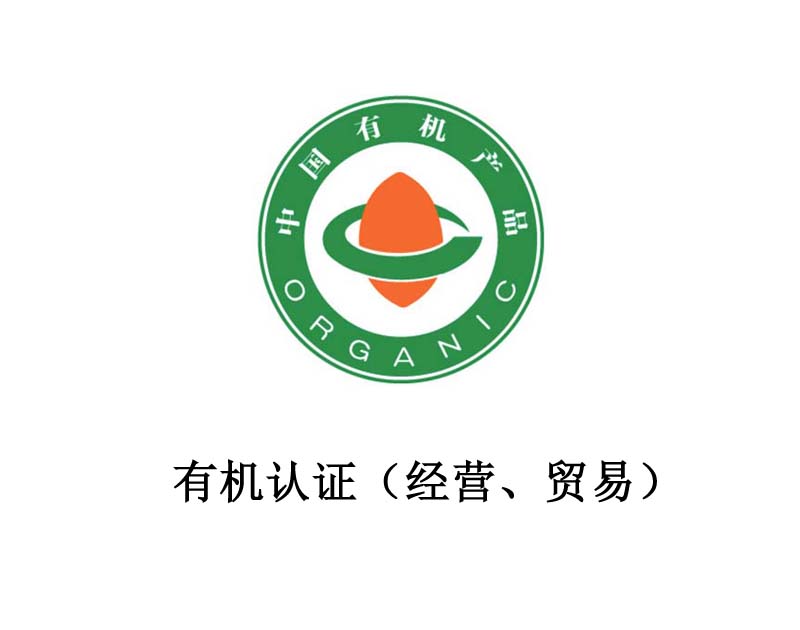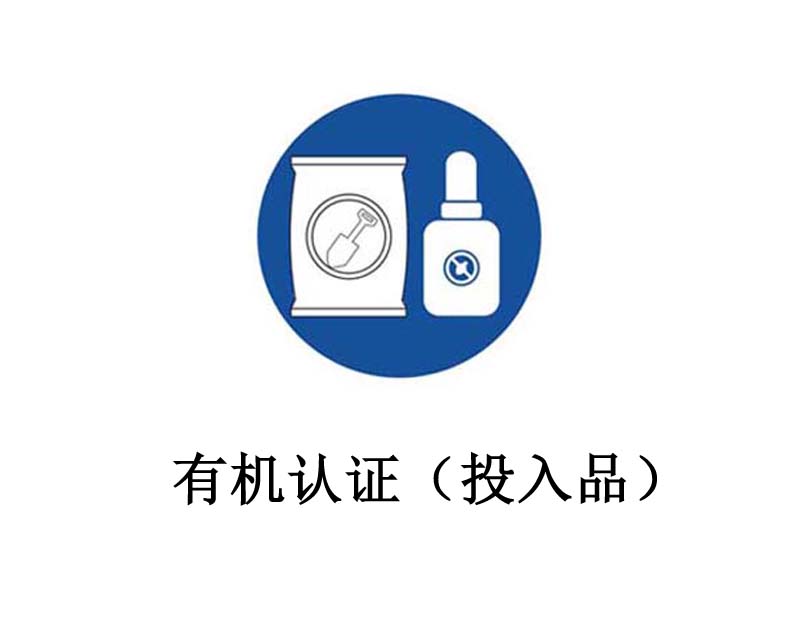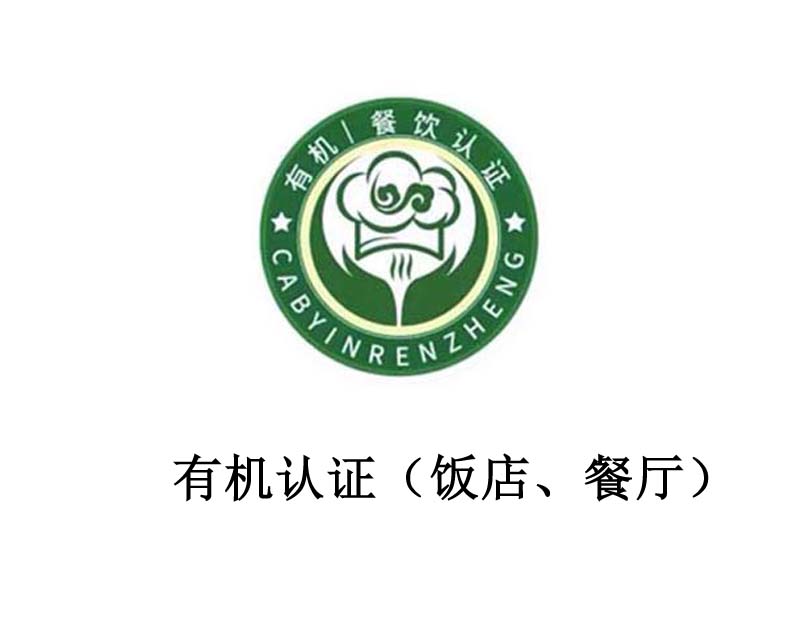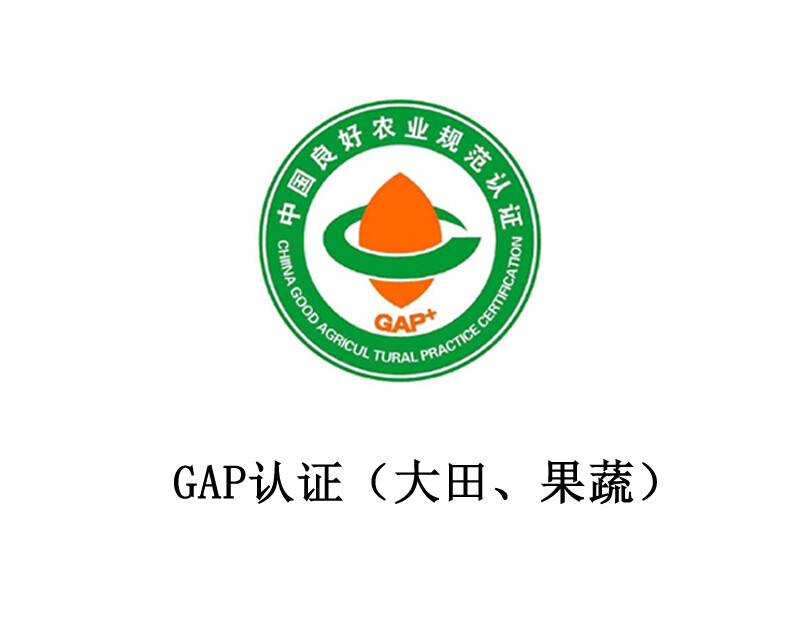Agricultural Product Food Certification Service Network
Technical Support: China Green Huaxing (Beijing) Agricultural Research Institute
Copyright: Guohuan Organic Agricultural Products (Dezhou) Co., Ltd
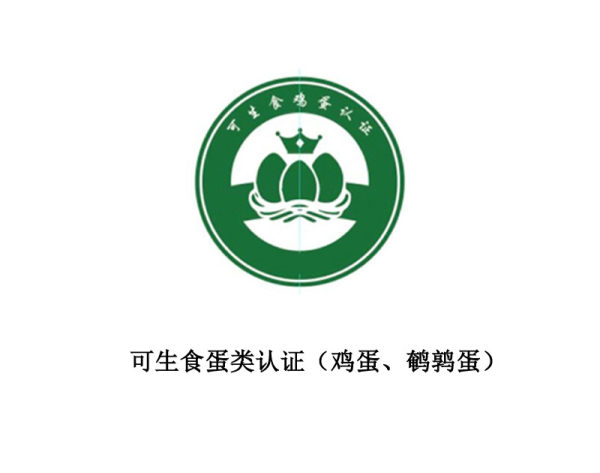
Concept of raw egg certification:
The Raw Edible Egg Product Certification Certificate is a certificate issued by a professional third-party certification agency to companies that meet the standards for raw edible products to prove that their products have met the safety and quality requirements for raw consumption in the production, processing, storage, transportation and other links. For example, the certification of raw edible eggs requires bacteria control management of the entire chain, including breeder chicken breeding, feed ratio, disease prevention and control, and egg processing.
The difference between edible eggs and normal eggs:
Raw egg companies need to be equipped with hygienic and controllable processing sites or processing rooms, and use strict production process control such as electromagnetic light inspection and ultraviolet sterilization to ensure that eggs do not contain pathogenic bacteria such as salmonella. Companies are also required to have the ability to detect salmonella. The company's own hardware facilities and software capabilities are higher than those of ordinary egg companies. Although ordinary eggs are produced by hens in a natural environment, the feed is uncontrollable, and microorganisms such as salmonella may be attached to the surface of the eggs. Eating them raw may cause diarrhea and other problems.
The benefits of obtaining raw egg certification are:
1 Enhance consumer trust: Raw edible product certification is strictly audited by a third-party organization, providing consumers with reliable quality assurance, allowing consumers to buy and eat with confidence, thereby increasing consumers' trust and loyalty to the product. It meets consumers' demand for healthy and safe food and makes the product more attractive in the market. For example, raw edible eggs are more popular among consumers who pay attention to healthy eating.
2. Enhance the competitiveness of enterprises: The certification is a strong proof of the quality and safety of the enterprise's products, which helps to establish a good brand image for the enterprise, making the enterprise stand out in the homogeneous competition and gain a larger market share. Raw edible products are often positioned in the mid-to-high-end market. Certification helps enterprises increase the added value of their products and obtain higher profit margins.
3. Promote industry development: After the enterprise obtains certification, its standardized production model and high-standard quality control system can become an industry benchmark, leading other enterprises to follow suit and promoting the standardization and normalization of the entire industry. As the market for raw edible products expands, it will attract more companies to participate, promote the industry's continuous progress in technology research and development, production management, etc., and improve the overall development level of the industry.
4. Expand the international market: Some international markets have a high demand for raw edible products, but also have strict access standards. Having a raw edible product certification certificate will help domestic companies break through technical barriers, enter the international market, participate in international competition, and enhance the international reputation and influence of companies and products.
